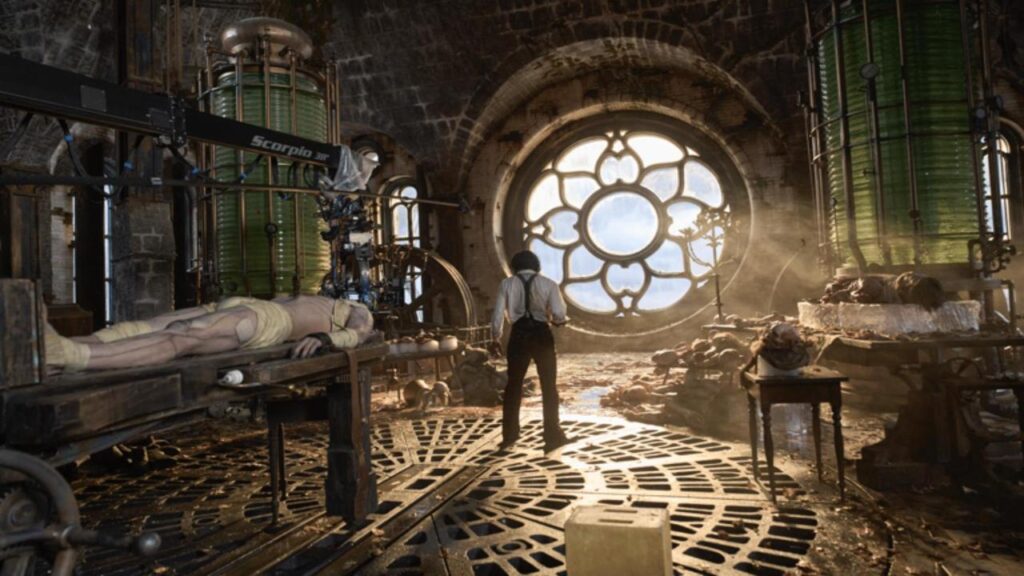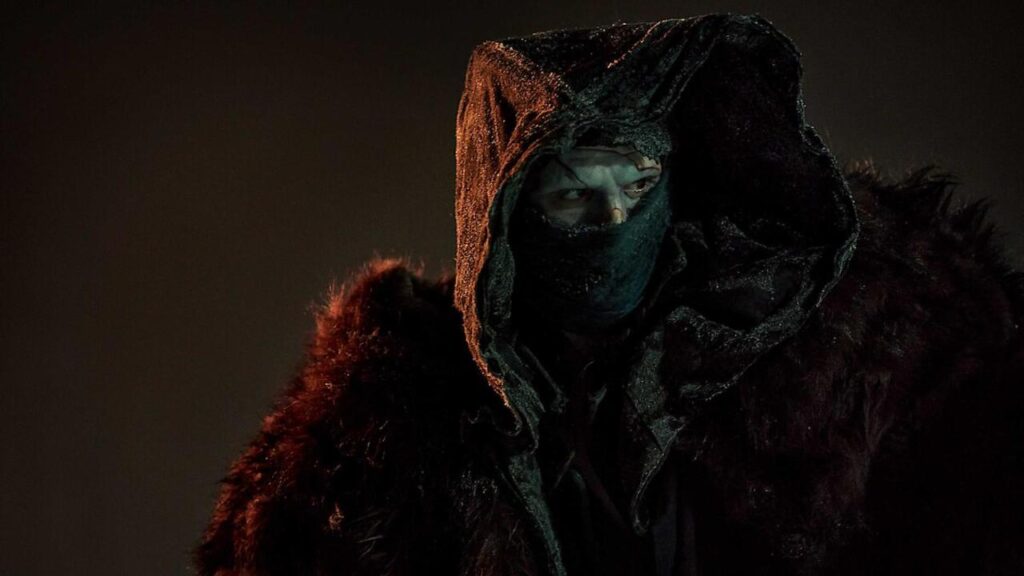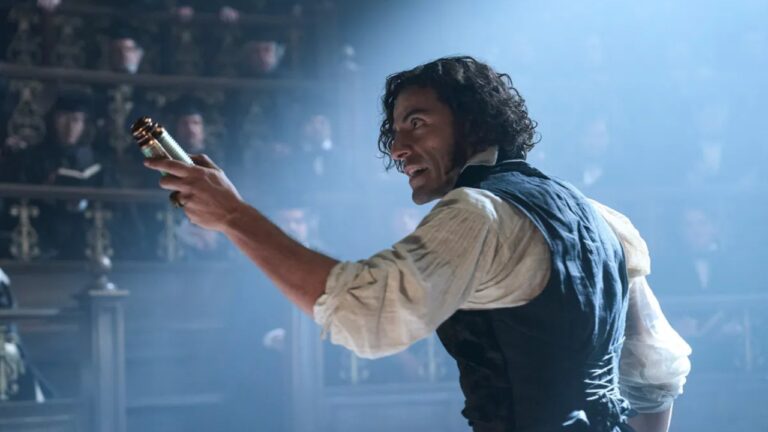We have seen Guillermo del Toro invest decades into redefining the way we look at monsters. He does not only direct monsters but also ensures that he gives them souls. In his latest endeavour titled ‘Frankenstein,’ which is set to be released on the 7th of November later this year on Netflix, the director ensured that he did not only adopt a classic by Mary Shelley but instead decided to go back to the exact origin point of his own imagination and perhaps even his life story.
During the showing of Frankenstein in Toronto recently, it was impossible to ignore the history that has been attached to the film. Del Toro, who is now 60, revealed that he has entered the “regret decade” that he uses to look back at himself not only as a son but as a father as well. This dualism finds its way into Frankenstein seamlessly. On screen, Oscar Isaac’s Viktor Frankenstein is full of rage, ambition, and guilt, while the Creature, played by Jacob Elordi, moves with a “balletic grace,” childlike in his wonder but lonely in his heart. There is a definite reflection of the struggle in the art of creation, the agony of abandonment, and the fleeting nature of life in both characters.
With Frankenstein, del Toro Trades Spectacle for Something Deeper

his is what we have come to expect from del Toro, his fantastic production design, his otherworldly prosthetics, and the chilling score by Alexandre Desplat. But this Frankenstein? Honestly? It’s like it is so much more intimate, so much more accepting. He calls it a “gothic rock concert about loneliness,” but being with it will give us an idea of what he means. What, in truth, is grief, love, and rage, and what happens when all of this comes crashing down inside one body because brutality and grace can very well coexist.
The response to this has been in line with what we have observed with ‘Nightmare Alley’ in the past, and that is a reaction of admiration as well as devotion. But let’s be honest here; this is the perfect way to describe del Toro’s style. He refuses to soften his edges to appeal to the market of film-making, which he feels is riddled with contradictions. Perhaps that is why his films are so enduring, filled with both tenderness and terror.
As Frankenstein Travels the Festival Circuit, del Toro Reminds Us That Empathy Is Still the Boldest Rebellion

Behind the scenes, del Toro’s generosity is no less impressive. Sundays bring him and other filmmakers together not to discuss their business, but to paint and break bread. In an industry consumed with deal-making and crunching numbers, it is this sense of community that is so revolutionary.
But as Frankenstein makes its way from Venice to Telluride to Toronto, and shortly thereafter into art houses and Netflix screens around the globe, we feel it will awaken more than just dinner conversations. It feels like a spark in a sea of cynicism, of wars and climate change scares, that suggests empathy remains the most subversive gesture. It is because del Toro’s monsters have always asked us the same question. What if survival, beauty, and love could belong to those that the world refuses to see? And with Frankenstein, perhaps we can finally see that both monster and miracle live within the same heartbeat.




